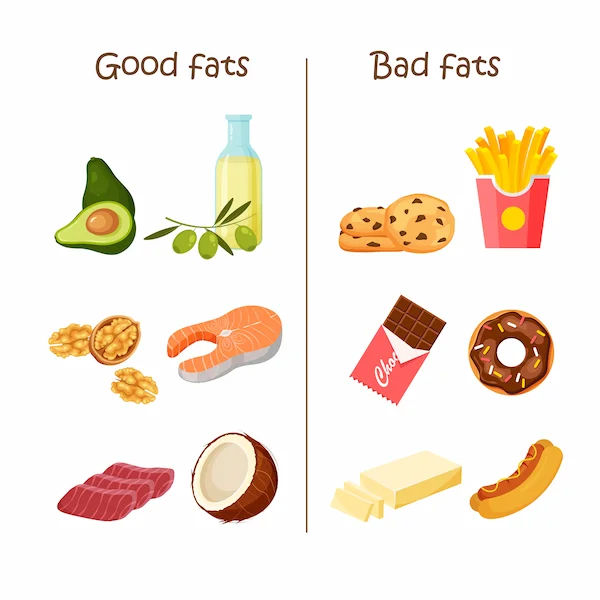- Female
- 27 Years
- 20/02/2025
I've noticed my SPO2 levels usually range from 96 to 98, but sometimes they drop to 90 before going back up to 96. I'm not sure which reading I should pay attention to. Also, my BPM is consistently over 100. Meanwhile, my mom, who's 51, has a normal BPM between 72 and 80. I'm worried if these symptoms could be related to any heart or lung issues, especially since I haven't had COVID. Could you give me some advice on this?
Answered by 1 Apollo Doctors
overthinking
Dr. Anshul Suggests...
Consult a Cardiologist
Answered 04/07/2025
0
0


Ask Apollo
AI powered Health Chatbot
-
Understanding SPO2 Levels
- Normal SPO2 is typically 95-100%. Occasional drops to 90% can occur due to factors like poor circulation or device error.
- Consistent monitoring is key. If dips are frequent, consult a healthcare provider.
-
Elevated Heart Rate (BPM) Considerations
- A resting heart rate over 100 bpm may indicate conditions like anxiety, dehydration, or thyroid issues.
- Seek medical advice if accompanied by symptoms like dizziness or chest pain.
-
Potential Heart and Lung Issues
- Conditions such as arrhythmias or asthma could cause these symptoms. COVID absence doesn't exclude other causes.
- A thorough evaluation is recommended to rule out underlying issues.
-
Recommended Next Steps
- Monitor symptoms closely. Seek medical attention if they persist or worsen.
- Consider tests like pulse oximetry, ECG, or chest X-ray for further assessment.
-
Lifestyle and General Health Tips
- Support heart and lung health by staying hydrated, avoiding smoking, and managing stress.
-
When to Seek Emergency Care
- Immediate attention is needed for persistent low SPO2, chest pain, severe breathlessness, or fainting.
Recommended next steps
Consult a Cardiologist or Consult a Pulmonology Respiratory Medicine Specialist
Answered 10/09/2025
0
0
More Cardiology Health Queries
View allHey, a couple of years ago I had a CT coronary angio, but I had a panic attack because of the contrast media, and my heart rate shot up to 120. The staff didn't wait for it to settle and went ahead with the scan. They said my arteries were disease-free and mentioned something about a right circulation and a small caliber artery. How did they even get accurate images with my heart rate that high? Did they just fool me? Also, they originally told me I'd need another CT angio in 10 years. Do you think I need to do a repeat scan now? I'm just really confused about what I should do next.
It is possible to obtain accurate images during a CT coronary angiography even if your heart rate increases due to a panic attack triggered by the contrast media. The imaging technology is designed to capture clear images even with some movement. However, if you have concerns about the accuracy of the results or if you are due for a repeat CT angio according to your previous medical plan, it would be advisable to consult with your healthcare provider. They can review your previous scan, assess your current health status, and determine if a repeat CT angio is necessary at this time.
Answered by 1 Apollo Doctors
I'm really worried about my mom. She's 52 and has been told she has increased bronchovascular marking in both lungs. I'm trying to understand what causes this and if there's any treatment or cure for it. Could you help me figure this out?
Vaccination is recommended against flu and pneumonia. Avoidance of allergens, lifestyle modifications, oxygen therapy and chest physical therapy is advised..
Answered by 1 Apollo Doctors
I'm getting really out of breath whenever I climb stairs, even though I recently had a stress echo and other tests that came back normal. Could this be related to my heart, or is it just because I don't climb stairs that often? What else could be causing this?
pulmonologist opinion.
Answered by 1 Apollo Doctors
Disclaimer: Answers on Apollo 247 are not intended to replace your doctor advice. Always seek help of a professional doctor in case of an medical emergency or ailment.



